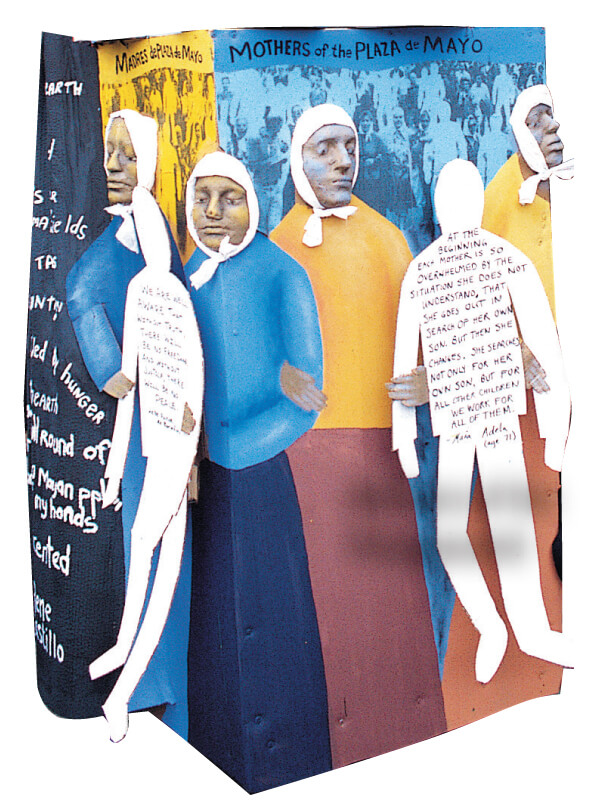
Sunday Readings: Exodus 17.8-13; 2 Timothy 3.14—4.2; Luke 18.1-8
Jesus told his disciples a parable with a point—to pray always and not lose heart. There was a judge in a certain city who neither feared God nor respected human beings. A widow in that same city kept coming to him and saying, “Take up my case. Give me my just rights against my opponent.” For a while the judge refused, but finally he said to himself, “I neither fear God nor respect people, but this widow— she is wearing me out. I will settle her case justly lest in the end she disgrace me” (Luke 18.2-5).
One of the first actions of the early Church after Pentecost was to provide for widows and their children (Acts 6). But the widow in this parable is alone, on her own. She goes before the judge, gives voice repeatedly to the “just rights” she seeks. The word in Greek, ekdikeo, means justice especially in the sense of settling with an adversary or even seeking vengeance. The judge acts finally in her favor to stop her bothering him.
Luke writes about A.D. 85. The Christians for whom he writes must be growing weary of waiting for Jesus to come again. For them the widow becomes a model of persisting in prayer and never losing heart. God is steadfast in love and mercy toward us, not distant and indifferent like the judge. Prayer is persisting in everyday life to live as Jesus taught. Prayer keeps a vision alive in one’s heart as one acts for justice. The gospel asks a new question in its final verse. Will God find active, loving believers among supposed followers?
Whose persistence do you admire? What do they seek?